These Comedians Are Making Stand-up Comedy More Accessible Than Ever
Amethyst Barron
In our sixth month of quarantine, the memory of comedy clubs continues to grow more and more distant. Many of us are beginning to look back at these dark basements and back rooms with a sense of nostalgia. However, for some comics, these memories also recall the many barriers that traditional stages presented.
When local comedy venues first closed their doors, many of us took to virtual platforms to recreate the magic of performing for audiences. The internet exploded with ‘Zoom mics’ and virtual showcases to give artists the means to continue creating. We embraced new technologies and social media services to reach our fans while we were collectively stuck at home. For most comics, these virtual shows served as nothing more than a supplement to live stages, but many of us embraced them as the accessible and inclusive performance spaces we have been longing for.
Desirée Walsh is one performer who has embraced these new formats. A disabled comic, Walsh has performed on more than 100 virtual shows during the pandemic - a performance frequency that is difficult for any comic to achieve. In addition to accessibility, Walsh discovered that virtual shows also tended to be more inclusive and diverse than physical open mics. “I have been in the same mics with LGBTQ+ people, BIPOC people, other women, and disabled people,” says Walsh. “For the most part we all respect each other, which is weird because it hasn’t been my experience with in-person mics.”
One comedy producer is taking these virtual measures one step further. Perhaps the most creative and unique solutions to come out of the pandemic is Nook Smiles Ticket, an in-game virtual comedy show immersed within the hit game Animal Crossing: New Horizons. Not only are the comics performing virtually, but are doing so behind their Animal Crossing avatars. “Part of the game is, you can decorate spaces,” explains the show’s producer, Amethyst Barron. “I’ve set up a room in one of my houses on my island to look like a comedy club, and then my plan is to invite other comedians over to my island and have them give their sets over zoom.”
Promotional image for Nook Smiles Ticket
Headlined by Toronto’s own Ashley Cooper, Nook Smiles Ticket will feature an all-star lineup of comedians from Canada and the United States. Ashley is tremendously excited to perform on the inaugural show, despite being a little unsure of what to expect. “One of the things that I did in the earliest stages of playing the game was, as soon as I had access to extra space in the game, I built a little comedy club just to post some cute little pictures about how I missed doing stand-up,” Cooper remarks. “I was already seeing the potential of it as being this cute escape space, and then people actually started finding more elaborate ways to do that, but in a way where it functioned in the actual game.”
The show is Barron’s second trailblazing venture in improving accessibility in comedy. Their first production, Stir Crazy, aimed to be a barrier-free, pay-what-you-can comedy show that featured comedians who were “mad, psychiatrist, crazy, and/or disabled.” The venue was to be fully accessible, with ASL interpretation. Unfortunately, Stir Crazy was ultimately canceled as a result of the pandemic, however Barron fully anticipates relaunching the format in the near future.
For Barron, accessible spaces must go beyond removing physical challenges. “The physical barriers aren’t as great for me as they are for lots of other people, but as somebody with mental health issues it can be challenging sometimes,” says Barron. “I learned how to do stand-up through a mental health peer support program. You would check in every week...and they would teach comedy.” What they want most is to create inclusive spaces that support people who are coping. “Stand-up is great because you can take something - for me it was a lot of trauma - and turn it into jokes. It could be something that brought me joy instead of just this horrible thing that happened.”
Perhaps the greatest take-away for comedy and live entertainment producers is that accessibility is not simply about physical barriers. Accessibility is an ongoing effort to do more than the bare minimum to ensure performers and audience members alike are not only accommodated, but comfortable and welcome in our spaces. As Walsh explains, people often struggle “due to different time commitments (such as) kids and family. Transportation can also be an issue.” Virtual shows have demonstrated that, with a little innovation and creativity, we can help people overcome a wide range of access barriers, and create a more inclusive environment.
As COVID precautions loosen and comedians slowly return to live venues, we are still uncertain what the landscape will look like. However, we are urging people not to forget the alternatives we have worked so tirelessly to develop. As Cooper explains, “now more than ever, with the fact that most places still aren’t safe to go in crowds, if people want to enjoy comedy, then comedy producers have got to get a little more creative. This allows people to enjoy a comedy show from the safety and comfort of their own homes, and it also allows performers of all mobilities to be able to perform without having to worry about the logistics of how to make it happen. And I think that’s important.”
Nook Smiles Ticket will premiere Saturday, September 19th via Zoom.
To watch the show, follow the event on Facebook tiny.cc/ogspsz
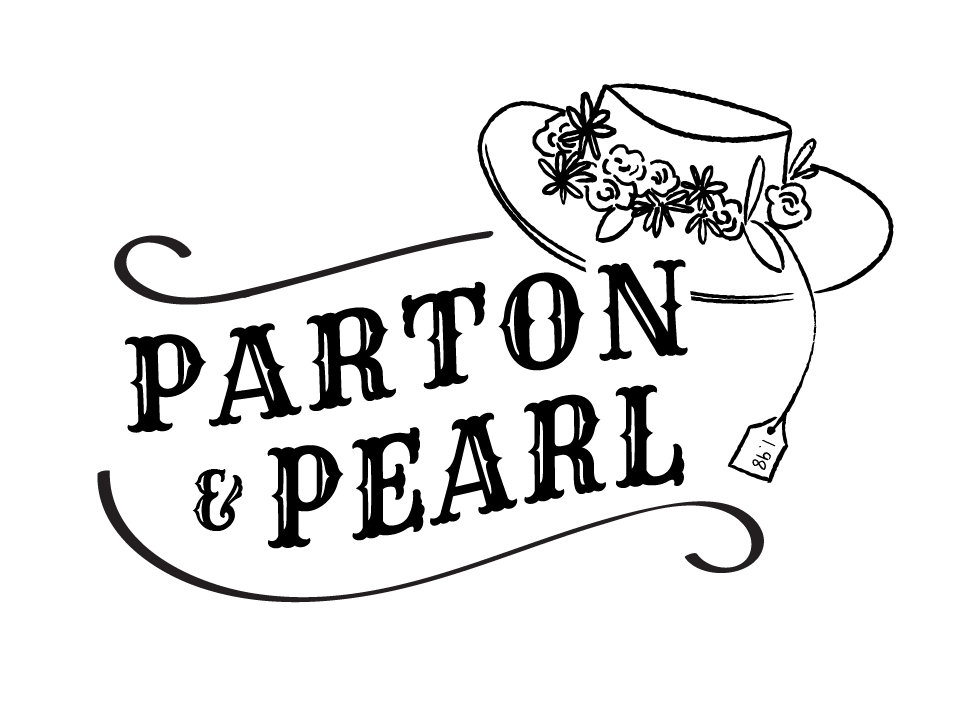



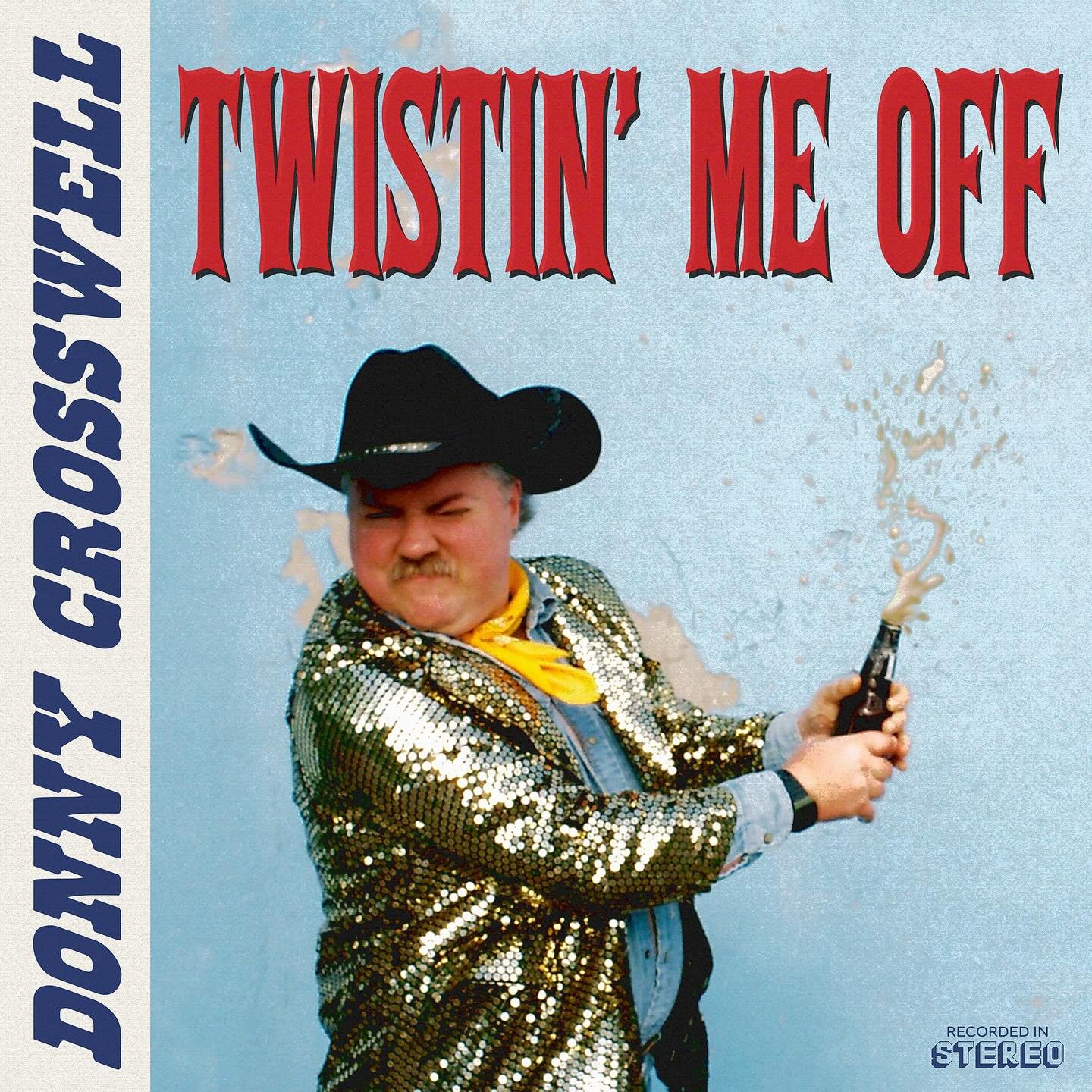
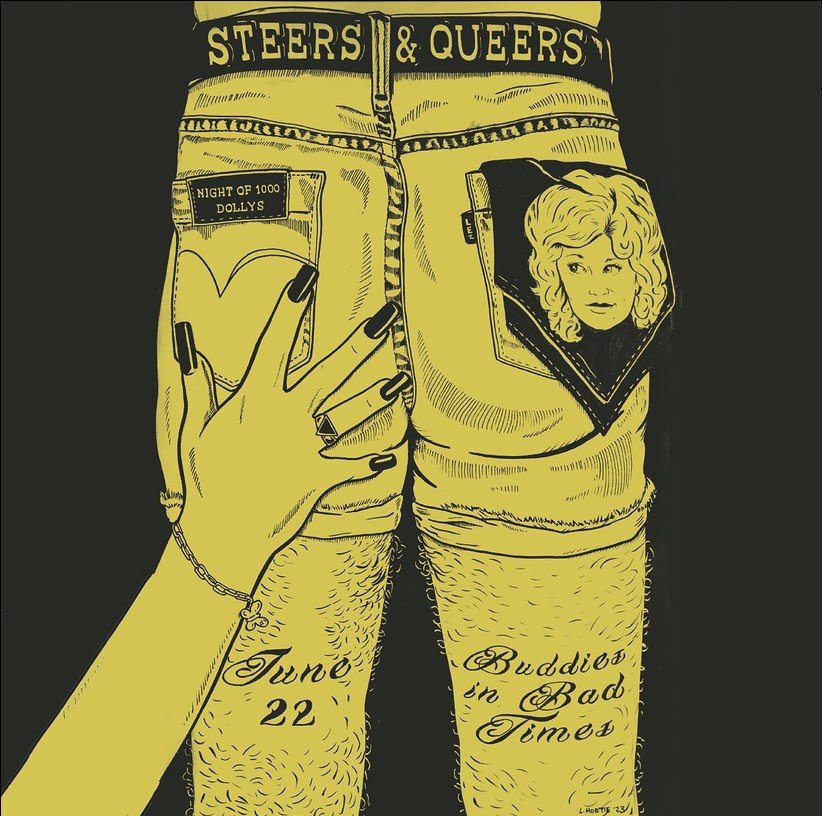
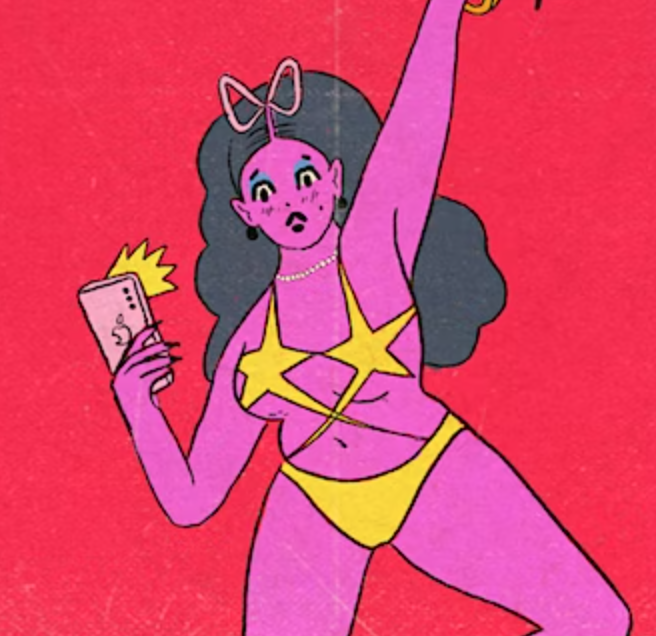

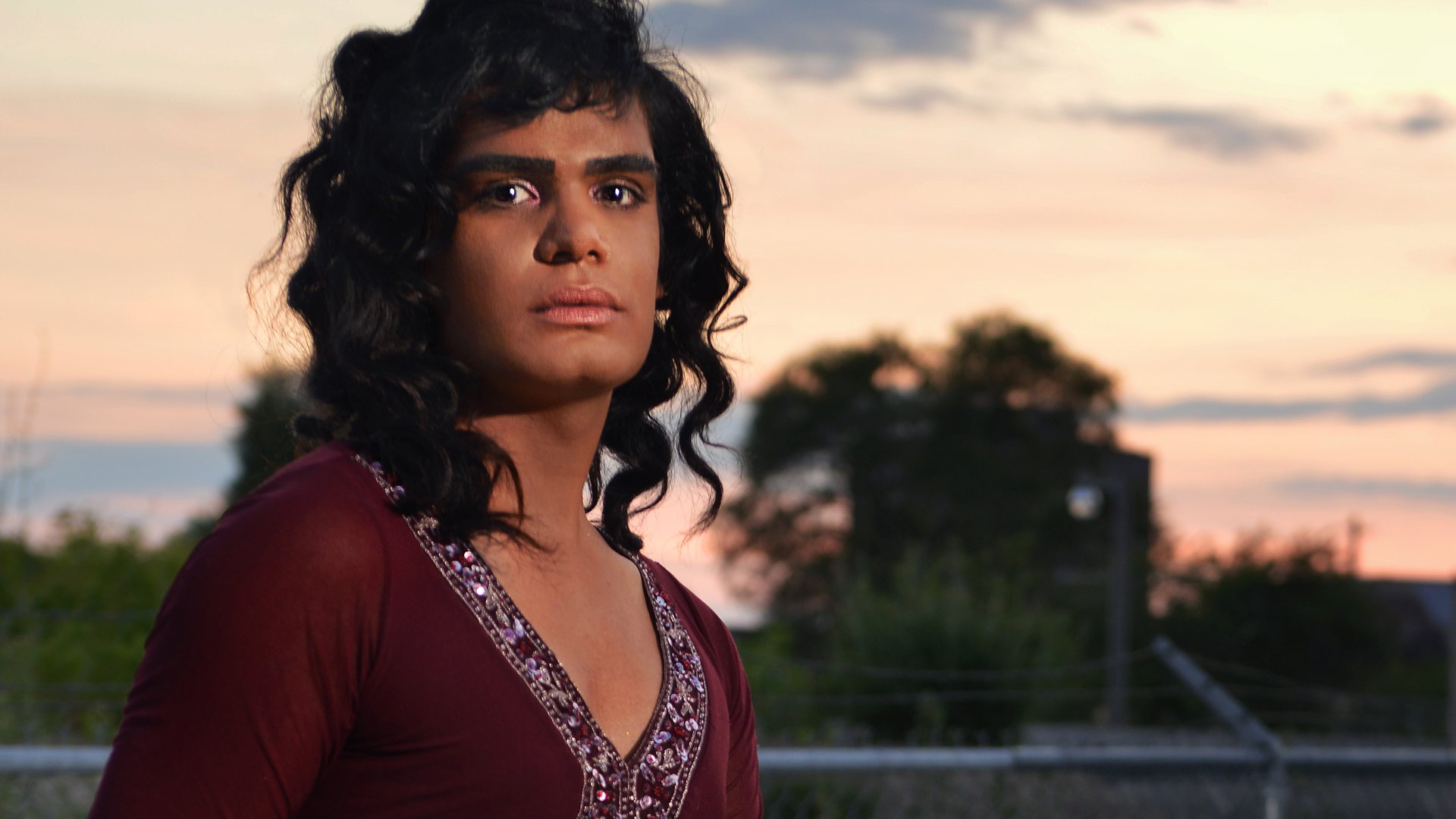
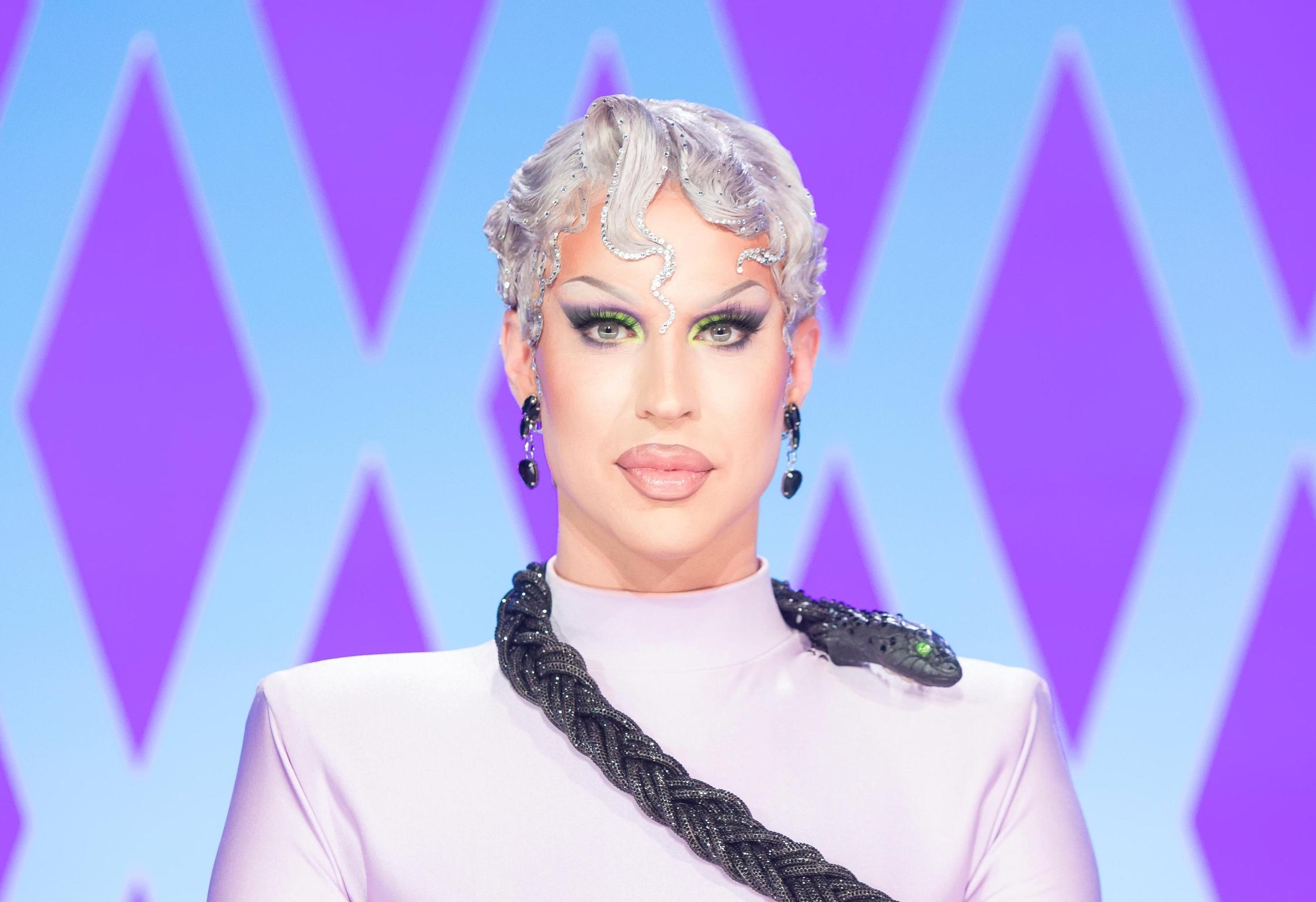
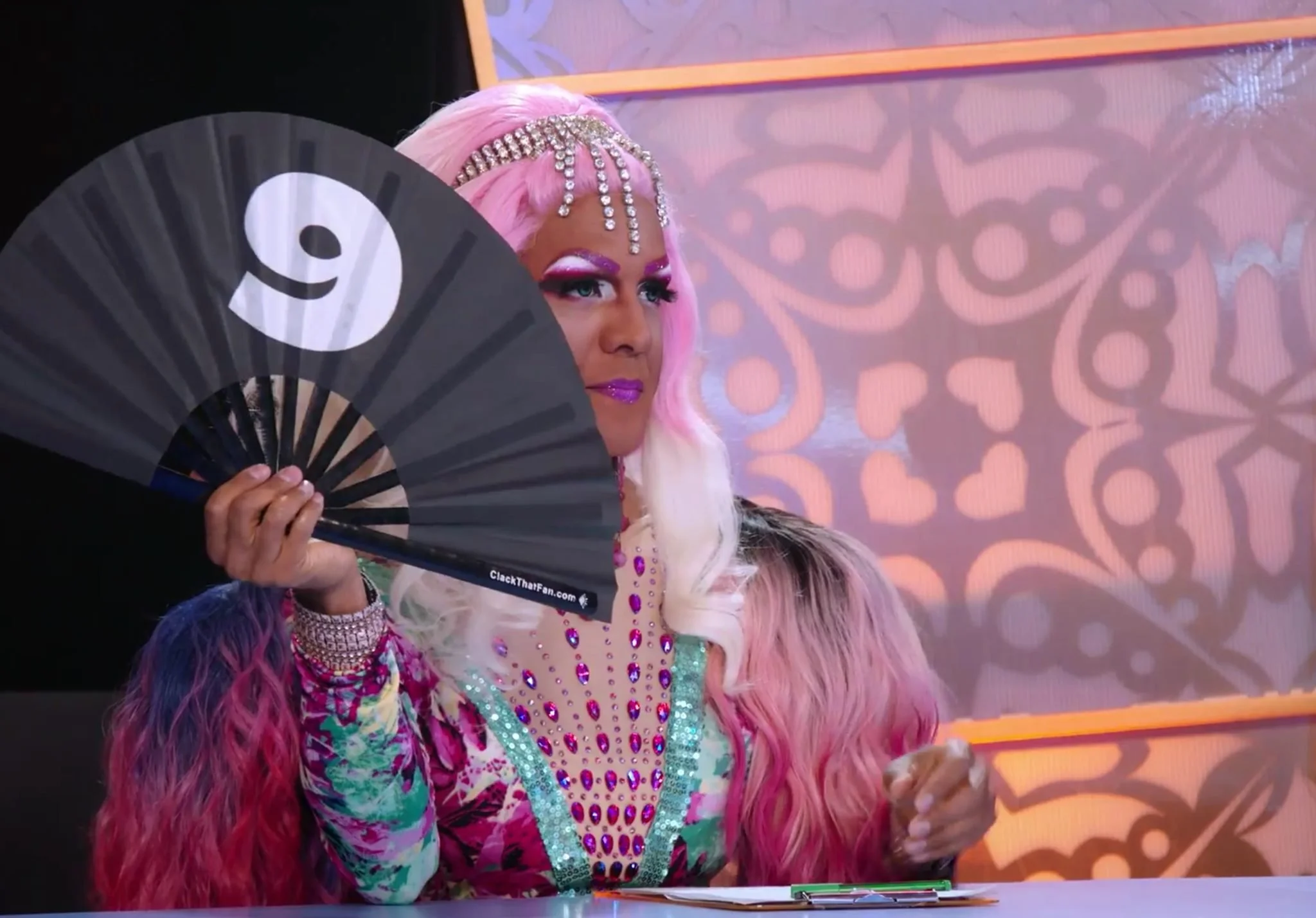
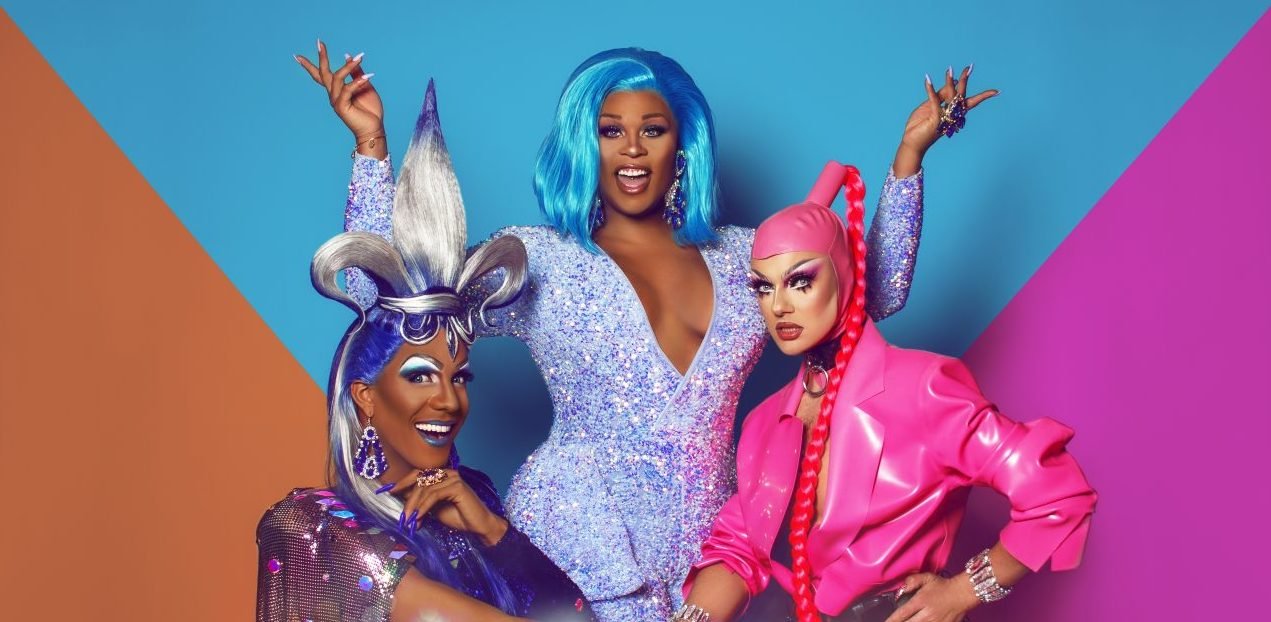
Gay Garbage out June 20 with Howl & Roar Records in honour of Pride Month